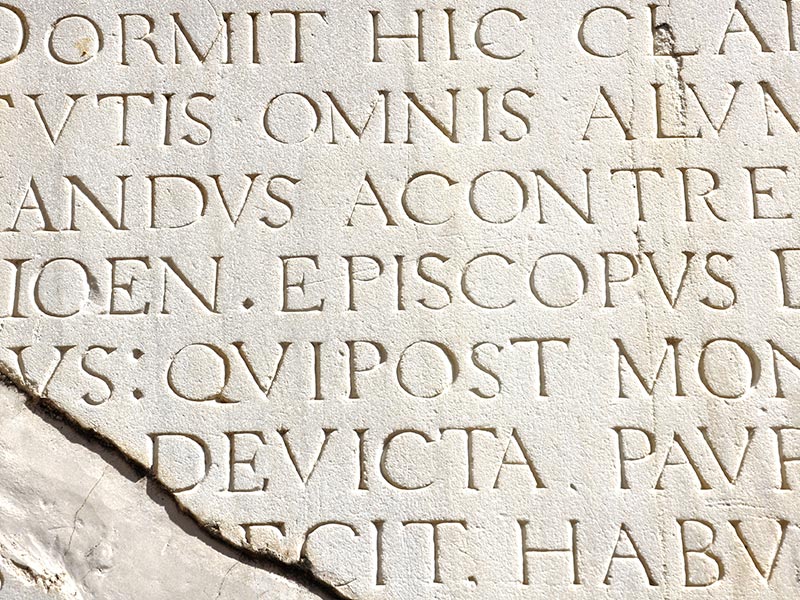The Cornish language (Kernewek) is a Celtic language native to Cornwall, a region in the southwest of England. It’s part of the Brythonic branch of the Celtic language family, which also includes Welsh and Breton. Cornish was widely spoken in Cornwall during the Middle Ages, but by the 18th century, the language had nearly gone extinct due to political and cultural pressures, particularly from the dominance of English.
Despite this decline, Cornish never completely disappeared, and a revival movement began in the late 19th and early 20th centuries. Efforts to resurrect the language included collecting old texts, studying surviving phrases, and creating modern learning materials. Today, Cornish is recognized as a minority language and has received protected status under the European Charter for Regional or Minority Languages.
Cornish shares many linguistic similarities with Welsh and Breton, making it more accessible to speakers of those languages.
- “My a vynn kavos metheven” translates to “I want to find the sun.”
- “Fatla genes?” is the Cornish way to say “How are you?”
- “Gorthugher da” means “Good evening.”
Today, Cornish is used in everything from place names to modern music. One popular example is that the Cornish phrase “Kernow bys vyken” means “Cornwall forever,” a popular slogan among locals. Even public signage in Cornwall includes Cornish translations, such as “Truro” appearing as “Truru” and “Penzance” as “Pennsans.”
Around 500-600 people are now fluent in Cornish, and it’s increasingly being taught in schools and used in everyday life. Some parents are even raising their children as native Cornish speakers, ensuring the language’s future survival.
Today, Cornish is considered a success story in language revival, showing how dedicated efforts can breathe life back into a nearly forgotten language, preserving the cultural heritage of Cornwall for future generations.
Related Articles
The History of Morse Code—A Language of Dots and Dashes
Before telephones and the internet, long-distance communication relied on Morse code, a system of dots and dashes representing letters and numbers. Developed in 1837 by Samuel Morse and Alfred Vail,...
The Science of Echoes—How Sound Bounces Back
Have you ever shouted into a canyon and heard your own voice return? That’s an echo, caused by sound waves bouncing off a surface and returning to the listener. Sound travels in waves, and when...
The Science of Boomerangs—Why They Come Back
Boomerangs are one of the most fascinating throwing tools, famous for their ability to return to the thrower when thrown correctly. But how does this seemingly simple object defy expectations and...





